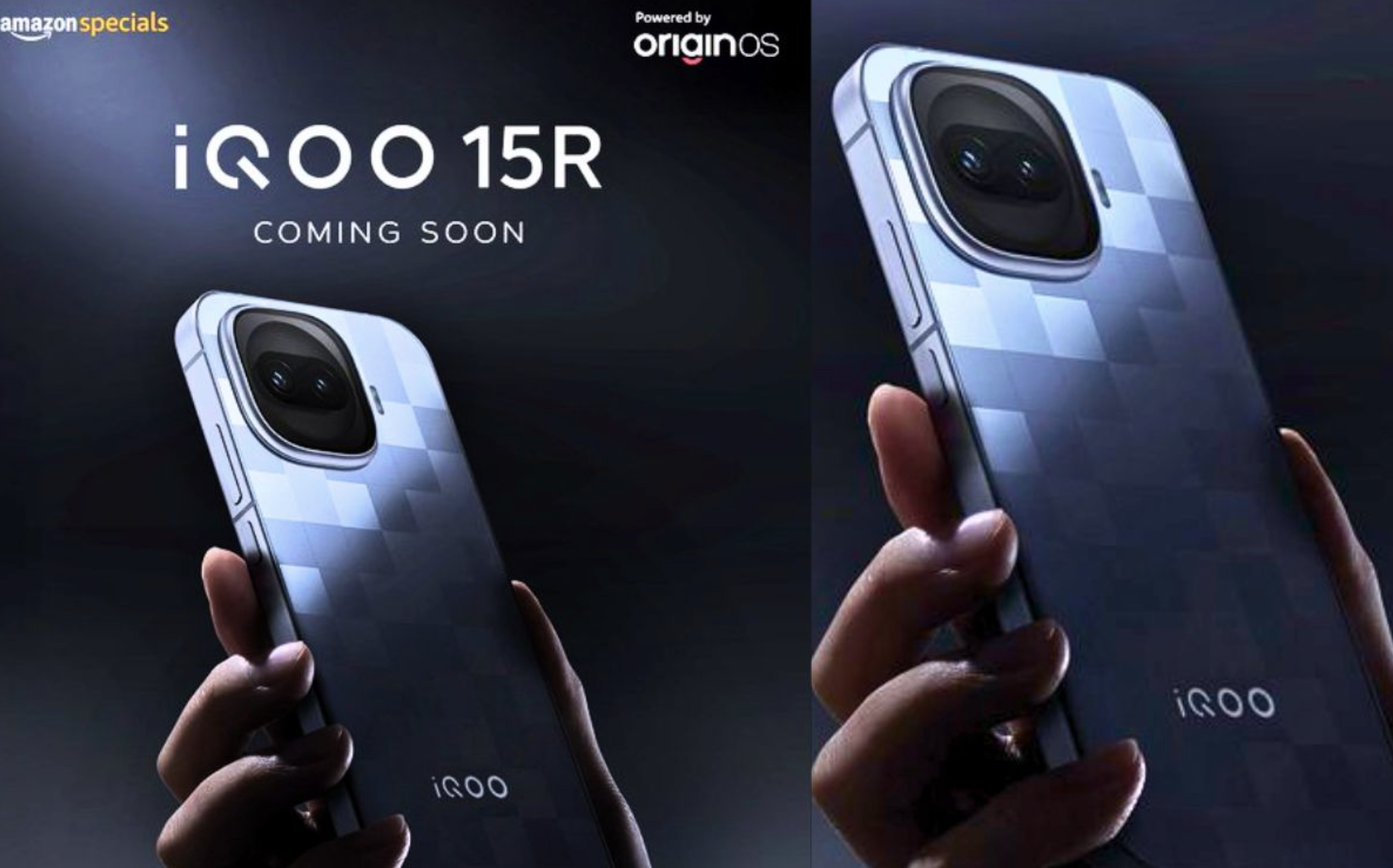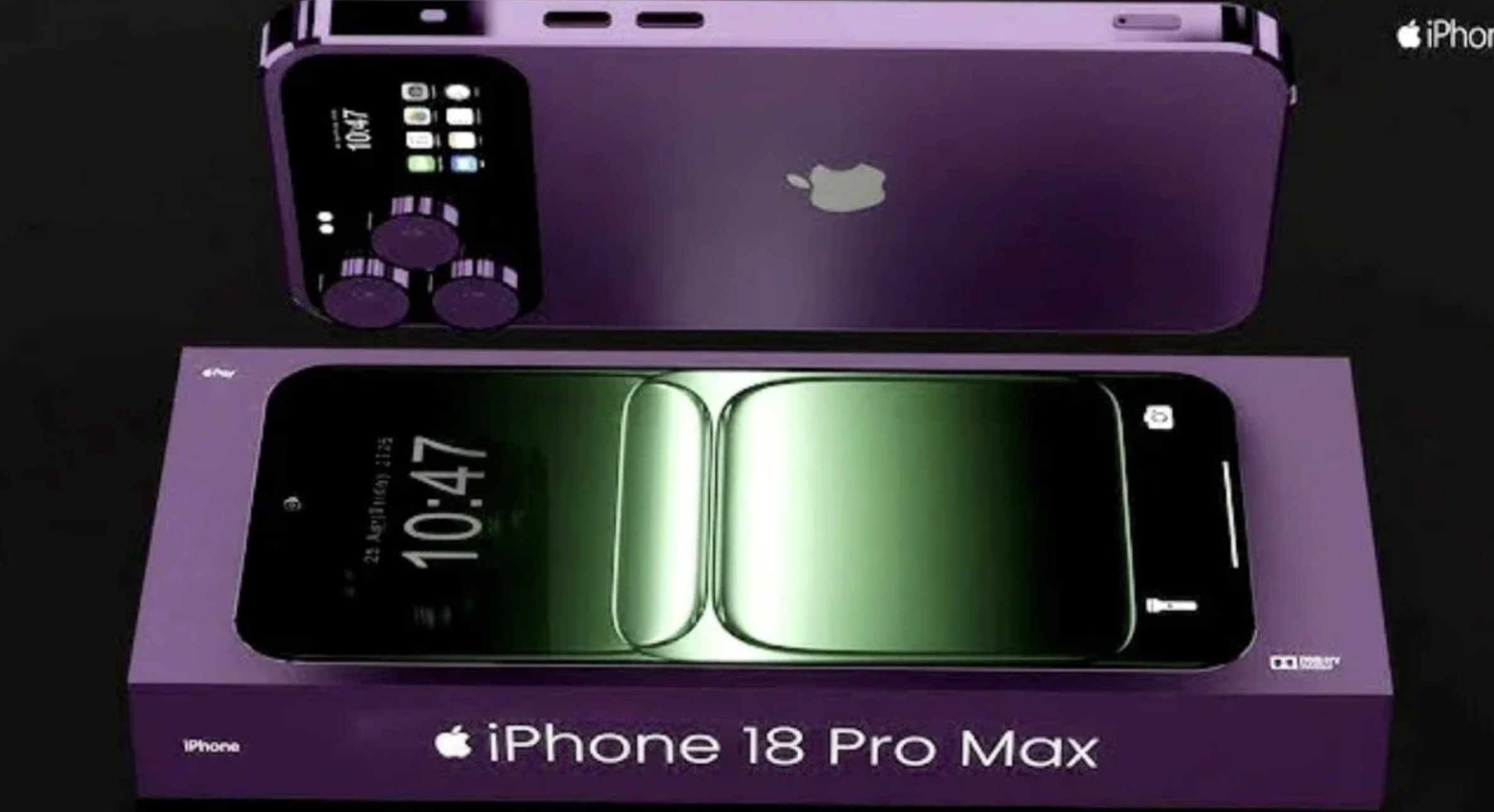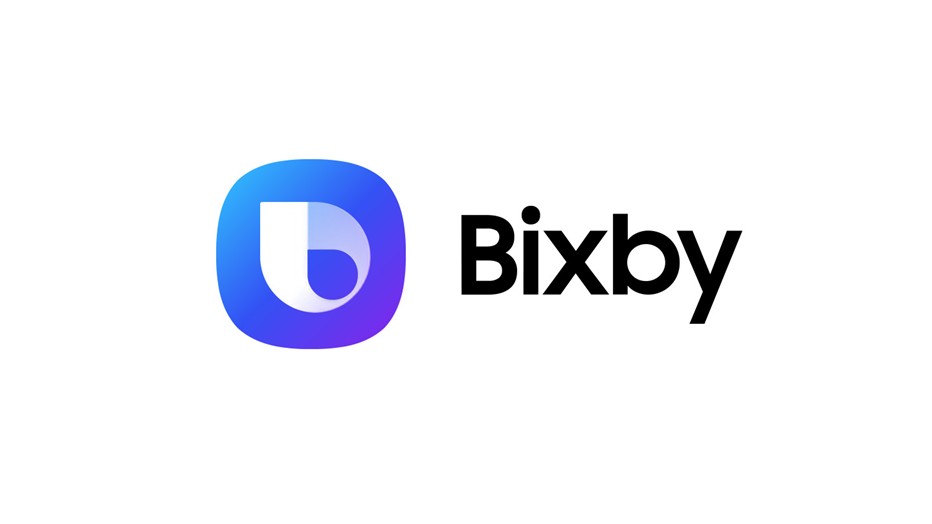After Mumbai, Apple has now moved on to open its second retail store in Delhi.

In fact, the Delhi store will be opened as soon as April 20, whereas, the Mumbai store will be inaugurated on April 18.
Read on to find out all the details about this new store by Apple in Delhi!
Apple to Launch Second Retail Store in Delhi on April 20
Apple, the maker of the iPhone, announced on Tuesday that Delhi would be the location of its second retail location in India after Mumbai. The biggest manufacturer of mobile devices in the world has announced that its Mumbai Apple Store will open on April 18.
As per the company, “Today Apple announced it will open its doors to customers at two new retail locations in India: Apple BKC in Mumbai on April 18, and Apple Saket in Delhi on April 20.”
This morning, Apple Saket’s barricade was unveiled. It has a distinctive design that draws influence from Delhi’s several gates, each of which denotes a new chapter in the city’s colourful past, according to Apple.
Apple BKC announced a special Today at Apple series called “Mumbai Rising” that would run from opening day through the summer in honor of the first Apple Store opening in India.
It said, “Bringing visitors, local artists, and creatives together, these sessions will offer hands-on activities with Apple’s products and services that celebrate the local community and culture in Mumbai.”
We also reported yesterday that Apple has leased an area of as much as 1.16 lakh sq ft of commercial space for 10 years on Cubbon Road in Bengaluru.
First Apple Store To Open in Mumbai: Apple Launches Exclusive Zone
The first retail location of Apple in India will open in the near future at the Reliance Jio World Drive mall in Mumbai, where customers may purchase Apple iPhones, AirPods, iPads, and other Apple products.
Apple has rented a “exclusive zone” in the Ambani-owned mall to ensure that the business makes the most of the opening of its first official store in the nation, which has been widely anticipated.
According to Apple’s lease agreement, the mall’s 22 competing brands—including Microsoft, LG, Amazon, Facebook, Sony, and others—are not permitted to occupy the space or even use it for advertising purposes.













